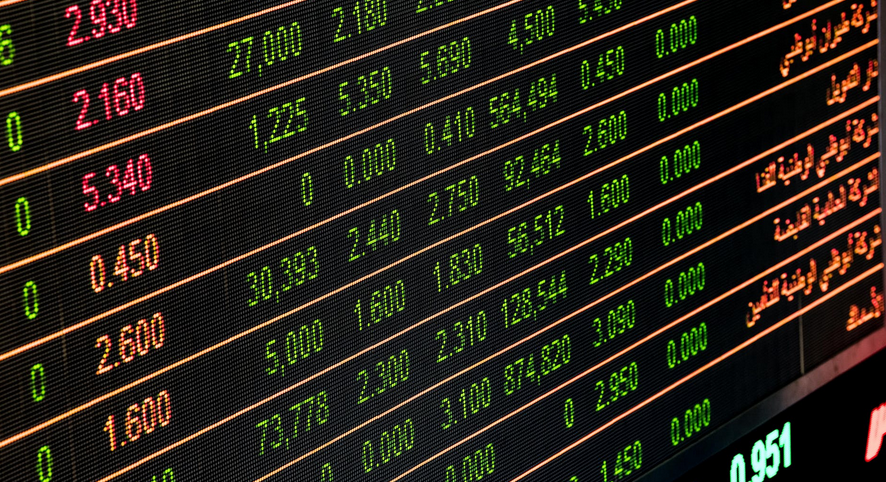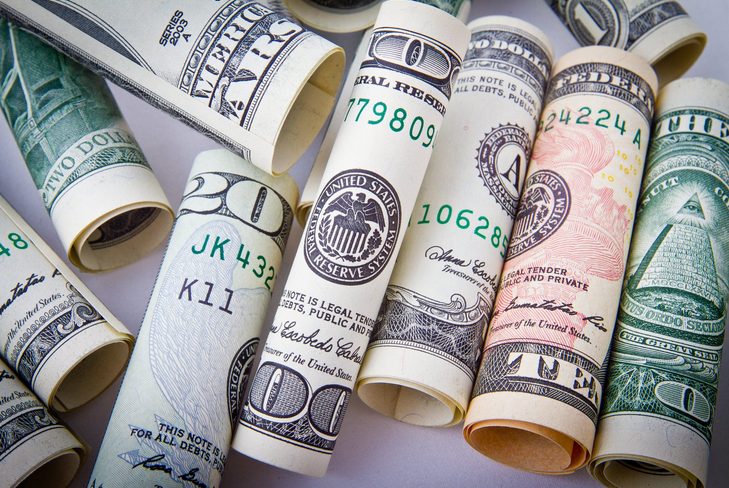Factors That Influence Exchange Rates

Foreign exchange is the trading of one country’s currency to another. It is one of the most crucial means through which a country’s level of economic health is observed. A country’s foreign exchange rate provides a window to its economic stability, which is why it is perpetually watched and analyzed. If you usually send or receive money from overseas, you need to keep an eye on the currency exchange rates.

To cite an example, the US and Canada enjoy the world’s largest and most across-the-board trading relationship, which supports millions of jobs in each country. In 2013 alone, Canadian travelers made 23 million trips to the US, and American travelers made 12 million trips to Canada. Within these two countries, the foreign exchange rate is closely monitored. At present, the foreign exchange rate of USD to CAD is 1 USD to 1.38 CAD.
So what are the factors that influence exchange rates?
Inflation Rates
Inflation is the rate at which the cost of goods and services rises over time. A country with a lower inflation rate than another will see an appreciation in the value of its currency. Changes in market inflation cause changes in currency exchange rates. A country with a consistently lower inflation rate exhibits a rising currency value. In contrast, a country with higher inflation typically sees depreciation in its currency and is usually accompanied by higher interest rates.
Interest Rates
Interest rates indicate the amount charged by banks for borrowing money. Increases in interest rates cause a country’s currency to appreciate because higher interest rates provide higher rates to lenders, thereby attracting more foreign capital, which creates a rise in exchange rates
Government Debt
This is the total national or public debt owed by the central government. Countries go in debt to pay for projects and governmental funding, which stimulates the domestic economy. However, a country with a large amount of government debt is less likely to attract foreign investment and acquire foreign capital, leading to inflation. It will result in an oversupply of the local currency, thus diminishing its value.

Economic Performance
A country’s political state and economic performance can affect its currency strength. Foreign investors inevitably seek out stable countries with strong economic performance in which to invest their capital. For instance, a political disturbance can cause a loss of confidence in a currency and a movement of capital to the currencies of more stable countries.
Terms of Trade
Terms of trade is the ratio of export prices of a country to its import prices. If the price of a country’s exports is greater than that of its imports, then its terms of trade have favorably improved. Increasing terms of trade shows higher demand for the country’s exports. As a result, there is a higher revenue, higher demand, and an increase in the value of the currency.
Recession
If a country is under recession, its interest rates are likely to fall. As a result, this weakens the countries currency and the exchange rate.
…
